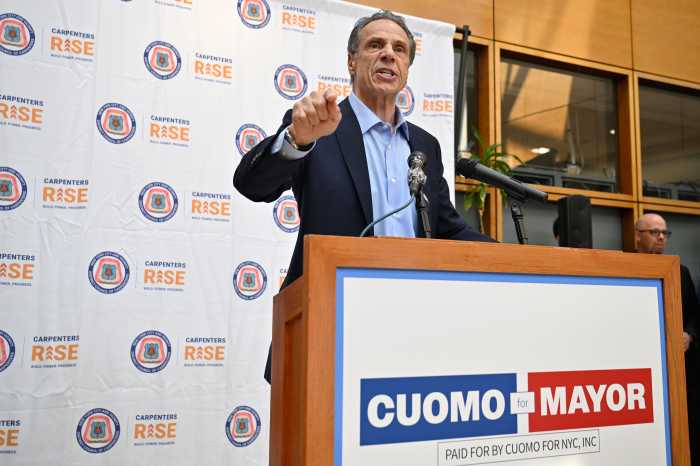
When our nation first commemorated Memorial Day more than a century ago, schoolchildren led the way. To honor what was then called Decoration Day in the wake of the Civil War, children gathered flowers to lay in burial fields. They marched and sang hymns and patriotic songs. It was a chance for all to stop and pay tribute to fallen heroes.
In the decades since, generations of children have commemorated Memorial Day, taught by their parents and teachers about the wars of their times, taught to honor the soldiers who died in service to our country. They’d sit on the curb of a sidewalk, watching a local parade, clutching American flags. They’d make or wear red poppies, a nod to the elegaic poem “In Flanders Fields.” They’d learn — though perhaps not fully understand — the tragic impact of the wars the adults had fought so far away.
But today’s children, and even some adults, seem more removed from the meaning and commemoration of Memorial Day. Too often, it’s seen as little more than a day off from school and work. Without a school day and with so much else taught in the days prior, Memorial Day is often a missed opportunity in classrooms. And then there are the distractions — the beach, the pool, the barbecue or the sales. But there are also parades and Fleet Week activities that could help us reflect on this weekend’s holiday.
All this comes at a time when our children are growing up in a nation that’s been at war for much — if not all — of their lives. Nearly 7,000 U.S. servicemen and women have died in the wars in Iraq and Afghanistan. But the body count is not a daily drumbeat the way it was during the Vietnam War. And without the draft, military service doesn’t touch many of our lives directly.
That’s all the more reason Memorial Day should be an important moment for us and for our children. We can take steps today to show our children the importance of remembering, to teach them to pay tribute, and to reflect on the wars we’re still fighting and the soldiers who are still dying. We cannot let Memorial Day become a holiday without meaning for the next generation. It’s up to us now to keep the memories of our fallen dead alive.





































